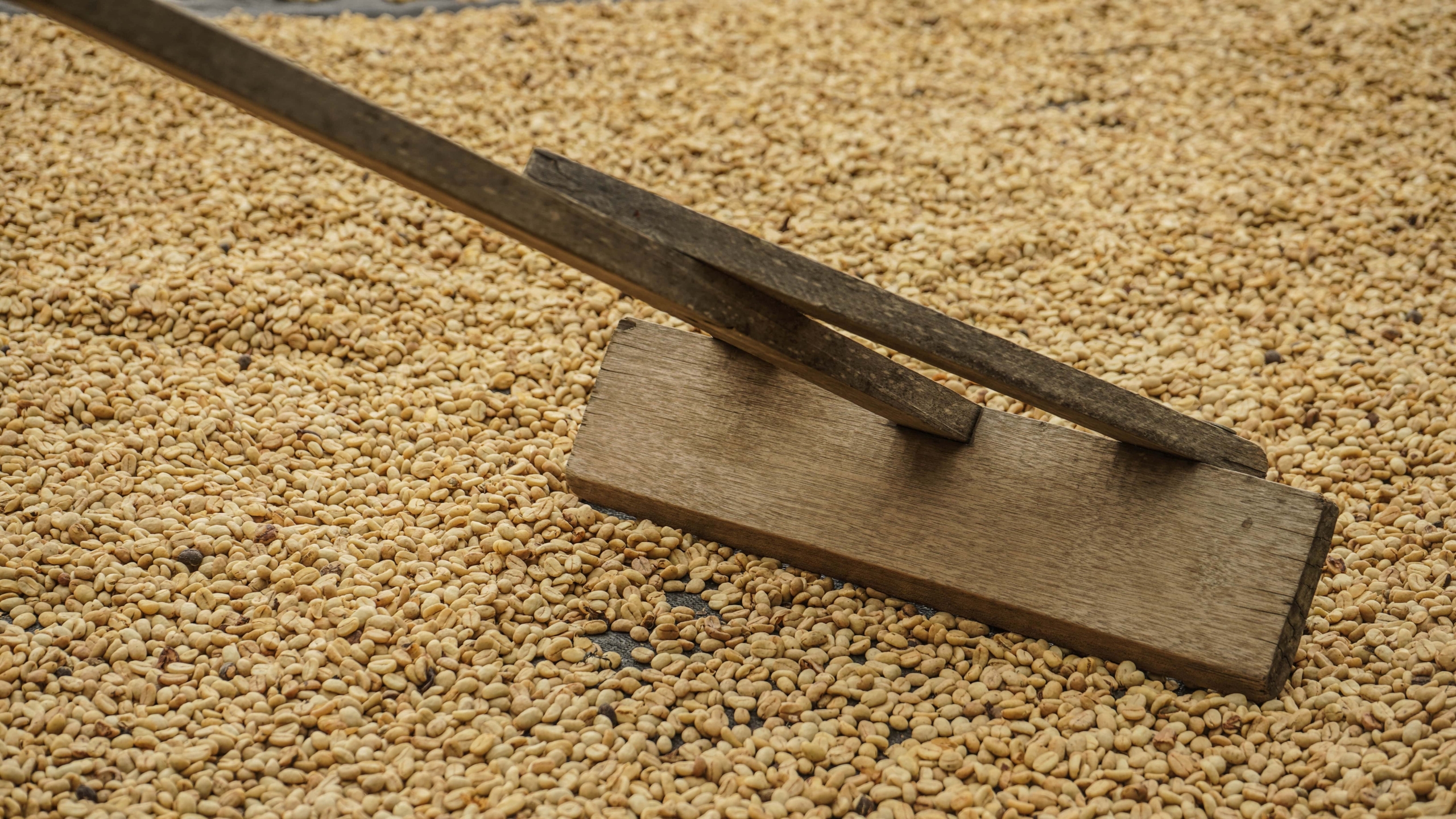Coffee has been grown in Peru since the 18th century, but in recent years, Peru has gained increasing recognition for its unique regional profiles, organic practices, and strong smallholder farming culture. The majority of coffee in Peru is grown by small-scale farmers—many of whom belong to cooperatives that focus on sustainable agriculture, fair trade, and community empowerment. Regions like Cajamarca, Cusco, San Martín, and Junín are particularly known for producing coffees with bright acidity, smooth body, and flavor notes ranging from citrus and floral to cocoa and caramel.
As one of the world’s top organic coffee exporters, Peru stands out not only for the quality in the cup, but for its commitment to environmentally and socially responsible production.
Swiss Water Process
Swiss Water Process (SWP) decaffeination works through diffusion, not osmosis. Initially, green coffee beans are soaked in water until all the caffeine and flavor compounds are extracted. The beans are then discarded, and the solution they created is run through a carbon filter that removes the caffeine, leaving behind only the flavor compounds—what SWP calls its green coffee extract, or GCE.
When SWP decaffeinates a coffee, the beans are soaked with a small amount of the GCE, which creates a saturated solution in which the caffeine leaves but the flavor compounds remain in place, unaffected. The GCE is like a yeast “mother.” While initially SWP had to sacrifice some coffee to create it, once the first batch was made, it just needs to maintain the health of the GCE and keep it slowly regenerating, which it does by adding small amounts of clean water.
Fair Trade USA (FTUSA) Certification
Fair Trade USA (FTUSA) certifies coffee from both small-scale cooperatives and larger farms, aiming to broaden access to ethical trade. With a focus on improving livelihoods and empowering workers, FTUSA provides community development premiums and enforces rigorous labor and sustainability standards. The certification allows for greater flexibility while maintaining transparency and social responsibility across supply chains.

